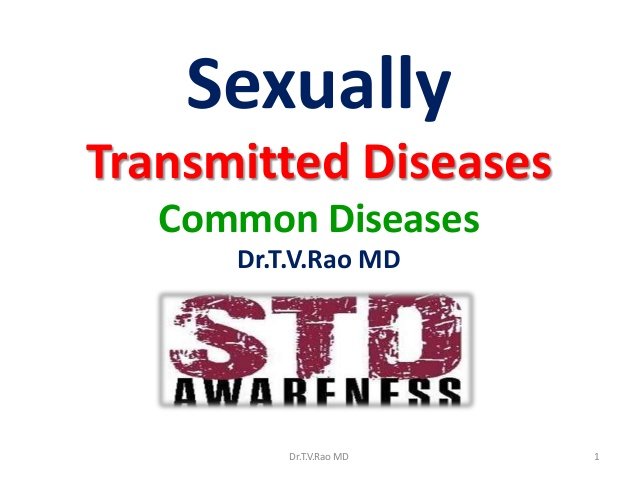STI & Pregnancy: Know the facts
STDs and pregnancy - Know about the health risks posed by sexually transmitted diseases during pregnancy and possible treatments.

Do you need to have a sexually transmitted infection test during pregnancy?
Sexually transmitted infections during pregnancy can cause serious health risks for you and your child. As a result, tests are generally conducted to detect sexually transmitted infections, such as HIV, hepatitis B, diphtheria and syphilis generally in the first prenatal visit to all pregnant women. It is recommended that tests of gonorrhea and hepatitis C be conducted at least once during pregnancy for those who are at higher risk for infection.
Even if you have been tested for sexually transmitted infections in the past, it is important to have the test again during pregnancy. You can get an infection without showing any symptoms. Be sure to tell your doctor if you have any symptoms or have been involved in high-risk sexual activity.
How can sexually transmitted infections infect your child during pregnancy?
Sexually transmitted infections during pregnancy can cause many complications. For example:
HIV. HIV may spread from mother to child during pregnancy, labor, delivery, or breastfeeding. However, if the virus is diagnosed before or early in pregnancy, steps can be taken to reduce the risk of transmitting the virus.
Hepatitis B. This type of liver infection can be transmitted from the mother to her child during pregnancy. The risk of infection increases when a pregnant woman becomes infected near the time of birth. Transmission can be prevented if infants at risk are treated shortly after birth.
Chlamydia. The incidence of chlamydia infection during pregnancy - if left untreated - was associated with premature labor, premature rupture of the membranes and reduced neonatal weight. Chlamydia can be transmitted from mother to child during childbirth.
Syphilis. The incidence of syphilis during pregnancy was associated with early delivery or the birth or death of the child after birth. Syphilis can be transmitted from mother to child during pregnancy. If babies are not treated, they may have multiple organ problems.
Gonorrhea. During the period of pregnancy, gonorrhea was associated with untreated abortions, premature births, premature rupture of membranes, or reduced neonatal weight. Gonorrhea can be transmitted from mother to child during childbirth.
Hepatitis C. Some research suggests that hepatitis C during pregnancy increases the risk of premature birth, small child size for gestational age and low birth weight. This type of hepatitis can be transmitted from mother to child during pregnancy.
How to treat sexually transmitted infections during pregnancy?
Sexually transmitted infections such as cholera, gonorrhea and syphilis can be treated with antibiotics during pregnancy and recovery. Sexually transmitted infections, such as hepatitis B and C and HIV, can not be cured. However, in some cases, antiretroviral drugs can be used to help reduce mother-to-child transmission.
What can you do to prevent sexually transmitted infections?
There are several ways to prevent or reduce the risk of sexually transmitted infections.
Refrain. The most effective way to avoid sexually transmitted infections is to refrain from intercourse.
Continue with an uninfected pair. The second proven method of avoiding STIs is to continue a long-term marital relationship with an uninfected spouse.
Wait and be sure. Avoid intercourse with a new partner until both of you have tested for STIs. Oral sex is less dangerous, but a latex condom or rubber barrier - a thin rubber band made of latex or silicone - should be used to prevent direct contact between the mouth and mucous membranes of the genitals.
Always use condoms and rubber barriers correctly. Use a condom or a new rubber barrier made of latex at each time of intercourse. Never use oils-based moisturizers, such as oil jelly, with latex condoms or rubber barriers. It is not recommended to use a condom made from natural membranes because it is not effective in preventing sexually transmitted infections.